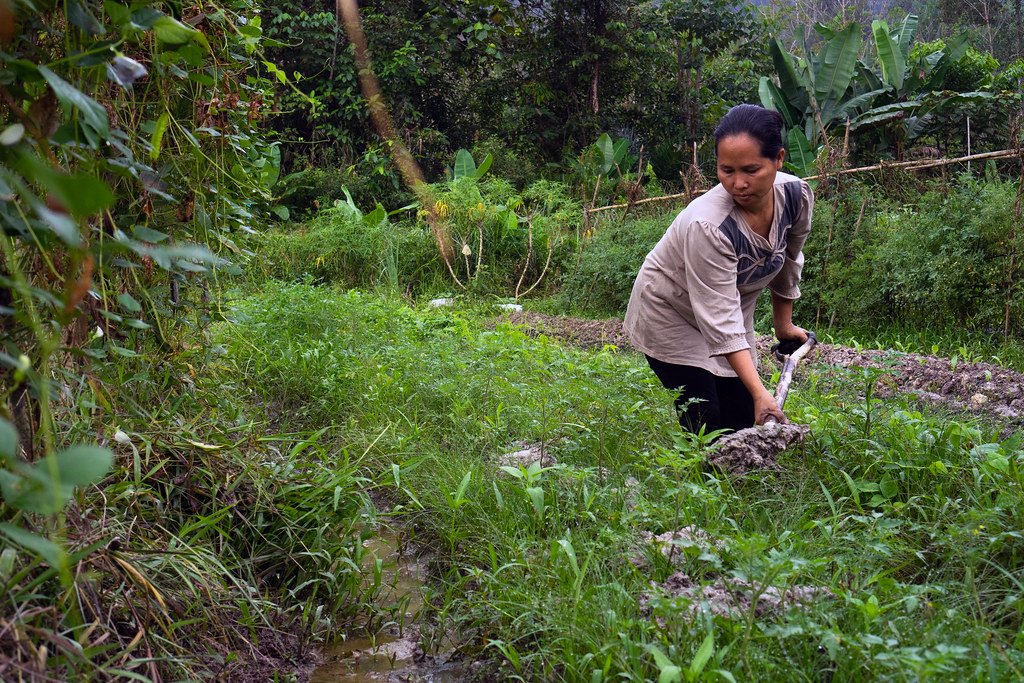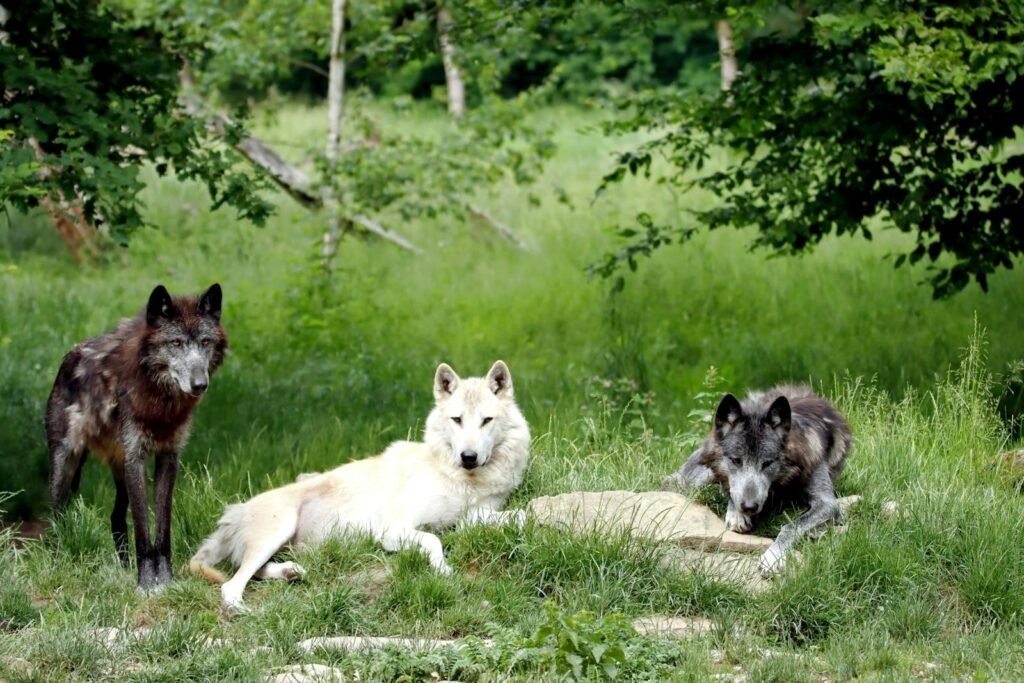The air is thick with the scent of damp earth and wild ginger as rays of sunlight struggle through the emerald canopy. Deep within Malaysia’s rainforests, a world of secrets and wisdom flourishes—guarded by the Orang Asli, the country’s indigenous peoples. Their gardens are not marked by fences or neat rows but by a living mosaic of plants, each one a testament to centuries of careful observation, trial, and reverence for nature. In these hidden sanctuaries, knowledge is not just preserved but lived, passed from hand to hand, root to root. As the pressures of modernity threaten to unravel these ancient threads, the story of the Orang Asli and their plant knowledge becomes more urgent, more inspiring, and more necessary than ever.
The Heartbeat of the Rainforest: Who Are the Orang Asli?
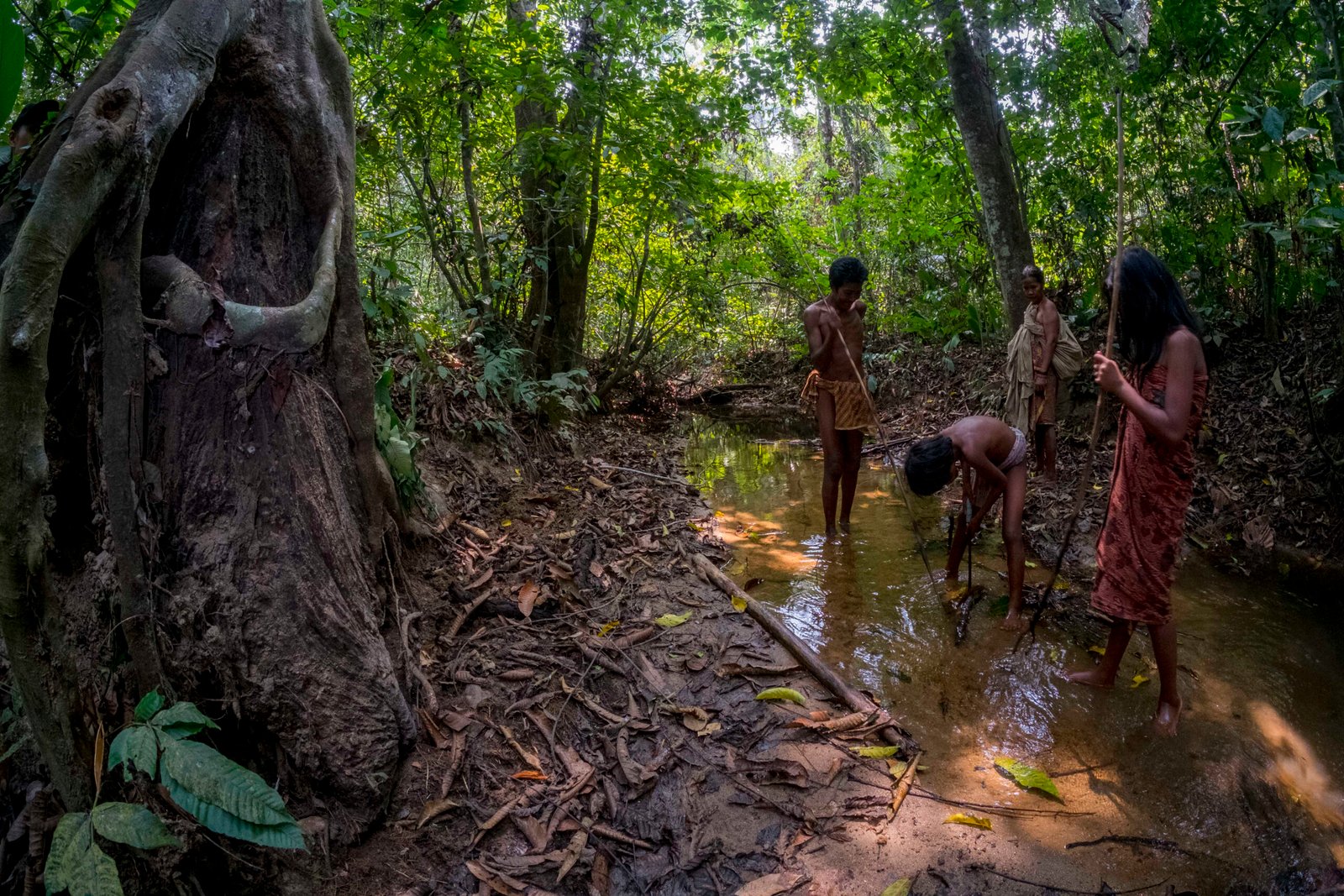
The Orang Asli, meaning “original people” in Malay, are the earliest known inhabitants of Peninsular Malaysia. Divided into various subgroups such as the Senoi, Semang, and Proto-Malay, each community has developed unique relationships with the rainforest over thousands of years. Their lives are deeply entwined with the land, relying on its bounty for food, shelter, medicine, and spiritual guidance. Unlike outsiders who often see the forest as a resource to be exploited, the Orang Asli view themselves as caretakers. Their cultural identity is inseparable from the rainforest, and every plant, animal, and river carries meaning in their stories and songs. Losing their plant wisdom would be like tearing pages from the world’s oldest living library.
Living Knowledge: The Indigenous Gardens of the Orang Asli
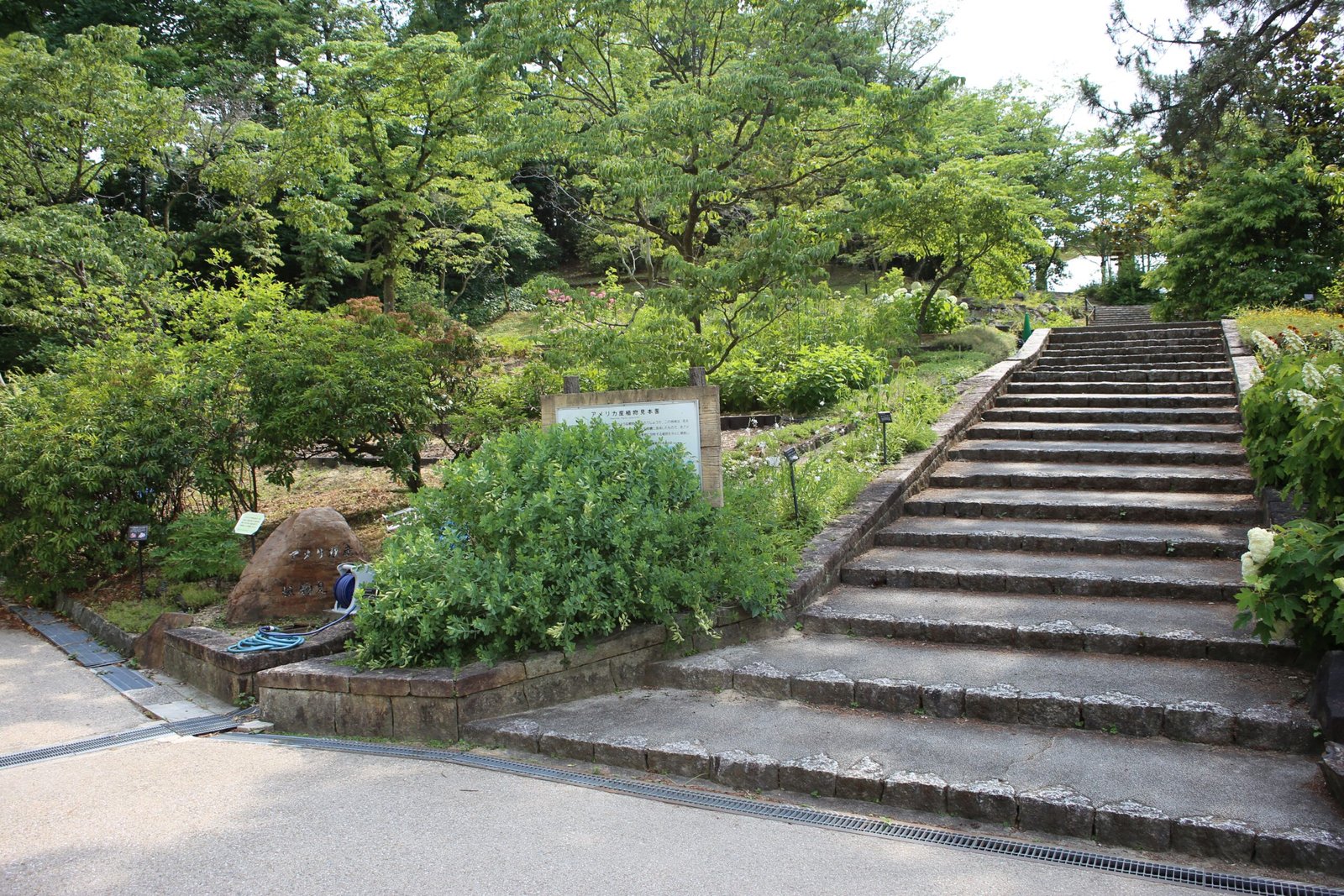
Orang Asli gardens are not your typical vegetable patches. They are complex, dynamic systems, mirroring the diversity found in the wild rainforest itself. Instead of monocultures, these gardens are filled with a mix of fruit trees, medicinal herbs, root crops, and edible leaves, all growing side by side. The layout is guided by experience and observation—knowing which plants thrive together, which deter pests, and which heal the soil. These gardens often blend seamlessly into the surrounding forest, making them appear almost invisible to untrained eyes. The result is a living laboratory where experimentation and adaptation never stop. This approach to gardening is both an art and a science, refined over countless generations.
Medicinal Marvels: Healing Plants and Ancestral Remedies
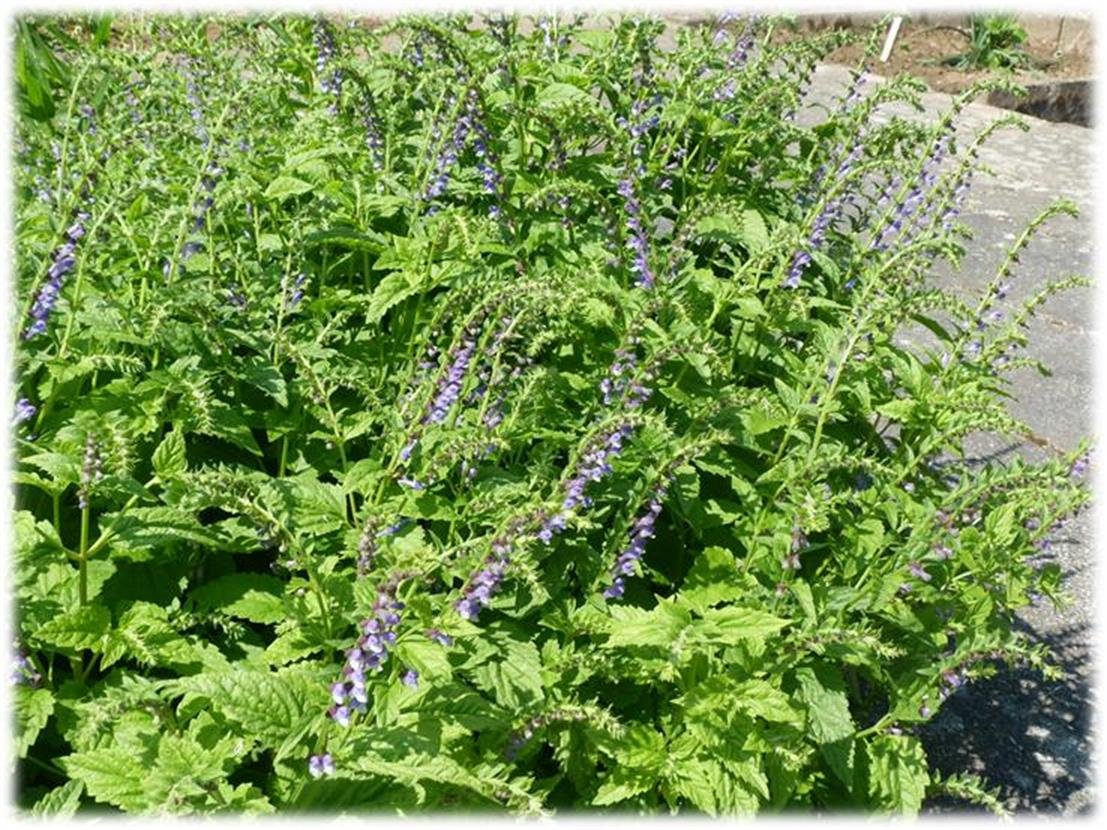
For the Orang Asli, the rainforest is a pharmacy. They possess an astonishing knowledge of medicinal plants, using roots, leaves, bark, and flowers to treat everything from fevers to snake bites. Plants like tongkat ali, used to boost energy and strength, and kacip fatimah, valued for women’s health, are just the tip of the iceberg. Remedies are often specific to each community, reflecting subtle differences in local ecology and culture. Unlike commercial pharmaceuticals, these treatments are holistic, considering the balance of body, spirit, and environment. The knowledge is safeguarded by elders and healers, who pass it on through stories, rituals, and hands-on practice. As modern medicine takes root, these traditions face the risk of fading away—yet their potential remains vast and largely untapped.
The Role of Women: Guardians of Plant Wisdom
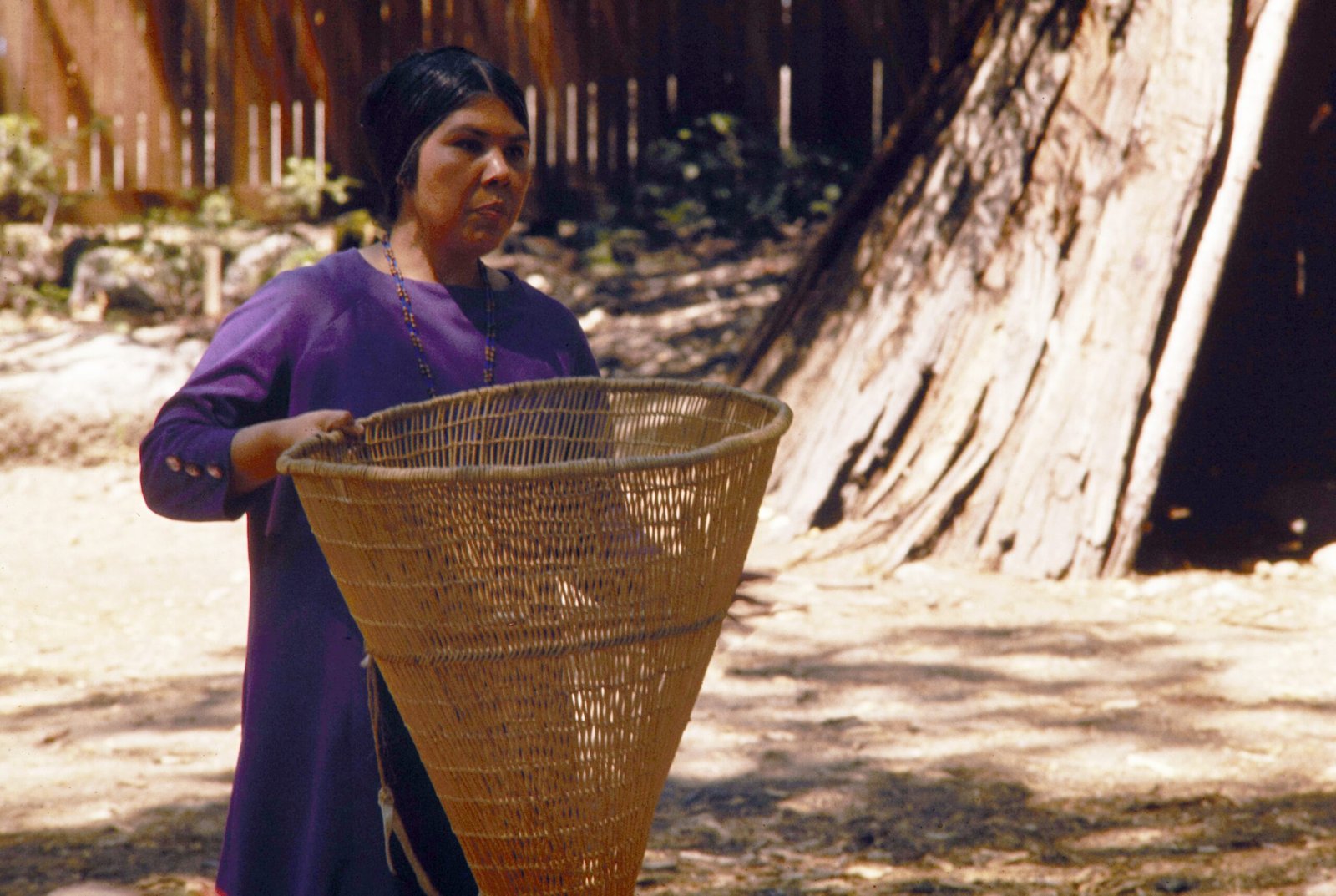
In Orang Asli communities, women are the primary keepers of plant knowledge. From childhood, girls learn to identify edible shoots, healing herbs, and poisonous plants from their mothers and grandmothers. They know when and how to harvest, ensuring that plants have time to recover and that the forest remains healthy. Women are often the first to notice changes in plant populations or new threats from logging or climate change. Their expertise is vital in times of illness or food scarcity, and their voices are central in decisions about land and resource use. By teaching the next generation, they ensure the survival of both plants and people. Their wisdom is quiet but powerful, woven into the very fabric of daily life.
Threats to Tradition: Logging, Development, and Displacement
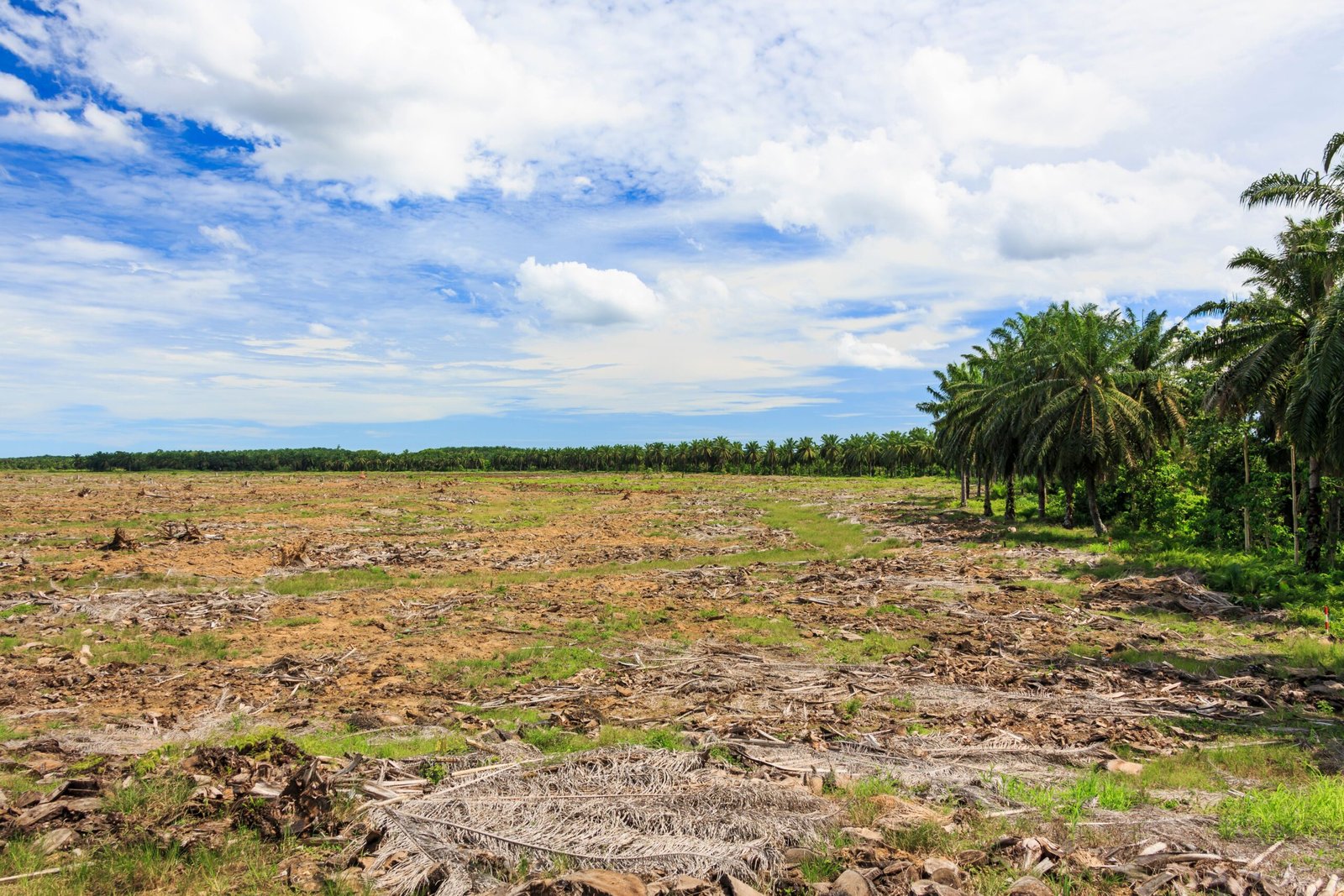
The rapid expansion of palm oil plantations, logging, and infrastructure projects has carved deep scars across Malaysia’s rainforests. These changes do not just destroy trees; they erase entire ecosystems and the cultural landscapes of the Orang Asli. Displacement from ancestral lands forces communities into unfamiliar environments where traditional gardens cannot thrive. Even when relocated, the soil may be poor, the microclimate unsuitable, or key plant species absent. With each loss of territory, a piece of indigenous knowledge vanishes—sometimes forever. The struggle to protect their gardens is a fight not only for survival but for identity, dignity, and the right to determine their own future.
Science Meets Tradition: Ethnobotany and Collaborative Research
Ethnobotany—the study of how people use plants—has brought scientists and Orang Asli together in remarkable ways. Researchers have begun to document indigenous plant knowledge, often with the help and consent of local communities. This partnership can lead to the discovery of new medicines, sustainable farming techniques, and conservation strategies. However, the process is not without challenges. Intellectual property rights, benefit sharing, and respect for cultural privacy are all complex issues. When done ethically, these collaborations can empower Orang Asli, validate their expertise, and create new allies in the fight to protect the rainforest. The blend of science and tradition offers hope for a more sustainable future.
Rainforest Cuisine: The Flavors of Indigenous Food Plants
Step into an Orang Asli kitchen and you’ll find a culinary adventure unlike any other. Wild yams, forest mushrooms, bamboo shoots, and rare fruits are staples, bringing a variety of flavors, textures, and nutrients. Meals are created with a deep respect for the seasons and the land, using ingredients that are foraged, cultivated, or traded. Dishes are often steamed, grilled, or cooked in bamboo, preserving the natural taste of each plant. Food is not just nourishment—it is a celebration of heritage, community, and the delicate balance between people and nature. As these ingredients gain popularity among chefs and food enthusiasts, they highlight the value of indigenous knowledge in shaping healthy and sustainable diets.
Spiritual Connections: Plants, Rituals, and Belief Systems
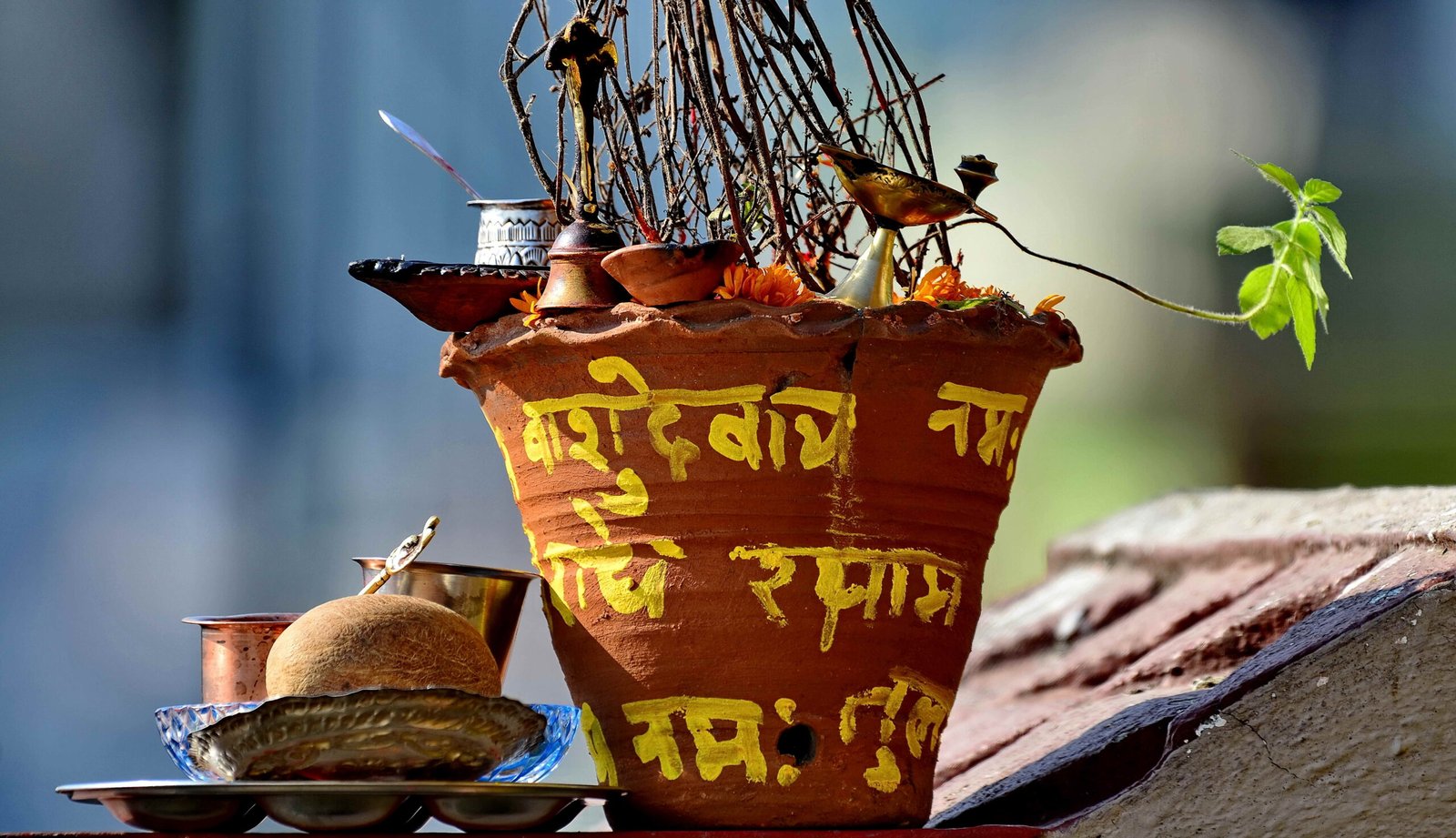
For the Orang Asli, many plants hold sacred meaning and play a central role in spiritual practices. Certain trees are believed to house spirits or ancestors, and flowers may be used in rituals to ensure good harvests or protection from harm. The act of planting, harvesting, and using these plants is often accompanied by songs, prayers, or offerings, creating a sense of continuity with the past. This spiritual relationship fosters a deep respect for the land and reinforces the need to preserve it for future generations. As outside influences grow stronger, these traditions face new challenges, yet they remain a vital source of strength and identity.
Passing the Torch: Education and Intergenerational Learning
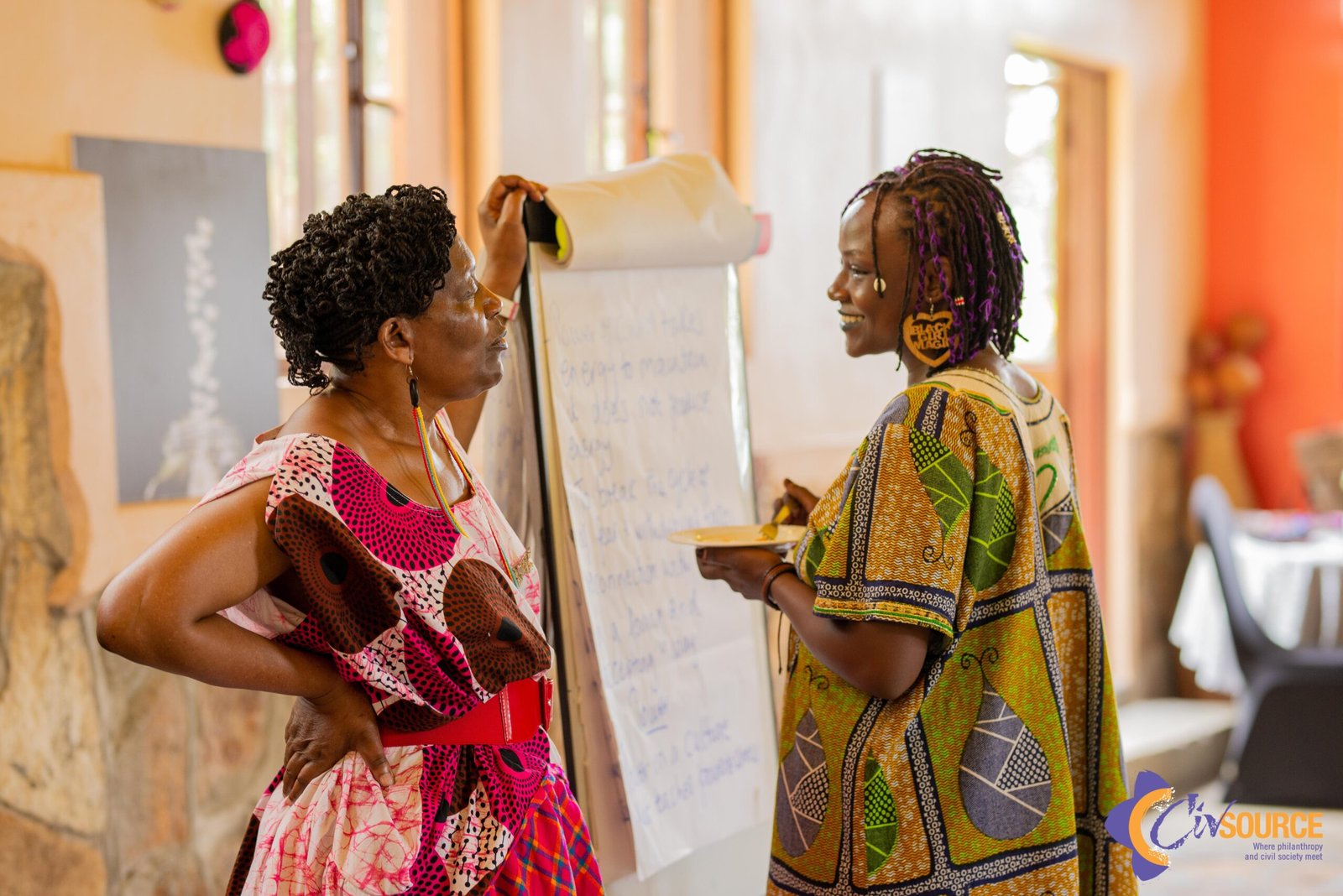
Knowledge in Orang Asli communities is not found in textbooks but in lived experience. Children learn through participation—walking the forest with elders, listening to stories, and helping with planting and harvesting. This hands-on approach ensures that knowledge is practical, adaptable, and rooted in the realities of the land. However, as formal education and urban migration draw young people away, there is a risk that these lessons will be lost. Some communities are finding ways to blend traditional learning with modern education, creating programs that teach both indigenous and scientific perspectives. Keeping the torch burning requires creativity, resilience, and a shared commitment to the future.
Seeds of Hope: Conservation and Community Initiatives
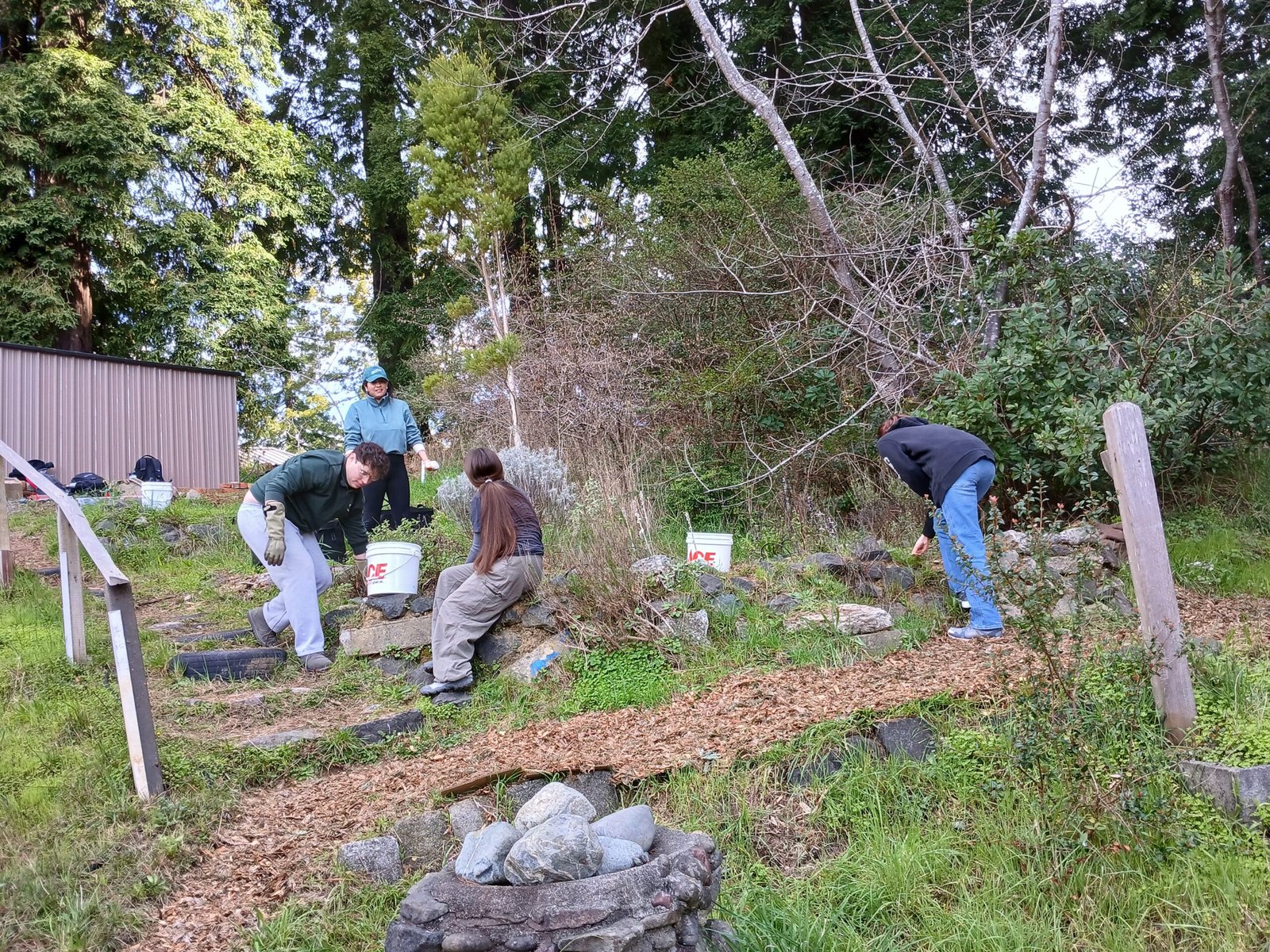
Despite the challenges, Orang Asli communities are leading inspiring efforts to protect their gardens and plant knowledge. Community seed banks, reforestation projects, and traditional ecological practices are helping to restore degraded lands and safeguard biodiversity. Partnerships with NGOs and government agencies bring technical support while respecting local leadership. By sharing their wisdom with visitors, researchers, and policymakers, the Orang Asli are shaping broader conversations about conservation and the rights of indigenous peoples. Their gardens are not relics of the past but blueprints for resilient, sustainable living.
Why Protecting Indigenous Plant Knowledge Matters for Everyone
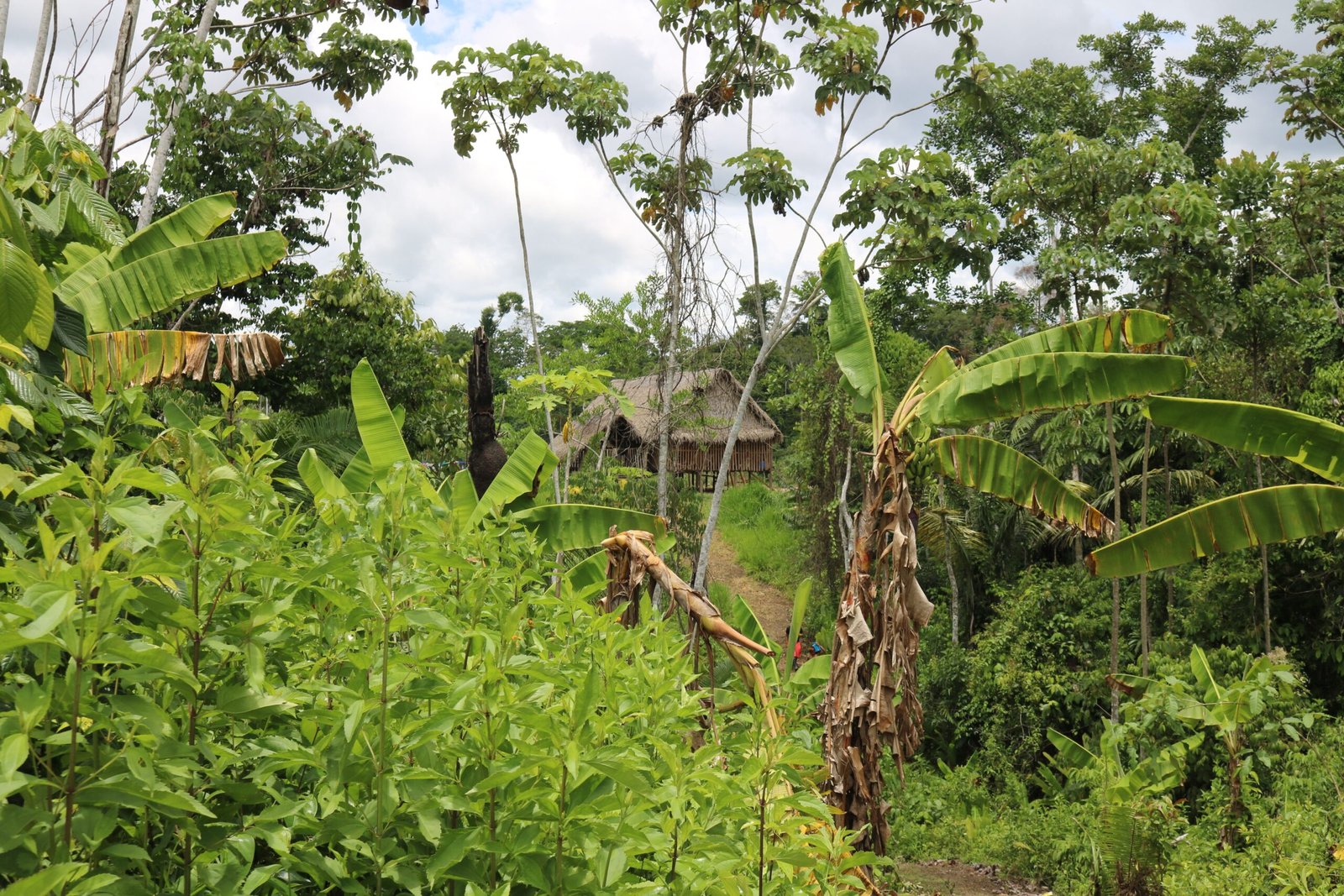
The wisdom of the Orang Asli is not just a cultural treasure—it is a vital resource for the whole planet. As climate change accelerates and biodiversity declines, their knowledge offers solutions rooted in harmony with nature. The plants they protect may hold the keys to new medicines, crops, or ways of living that are better suited to our changing world. By valuing and supporting indigenous plant knowledge, we honor both human diversity and the intricate web of life in Malaysia’s rainforests. What would our world lose if these gardens fell silent?

